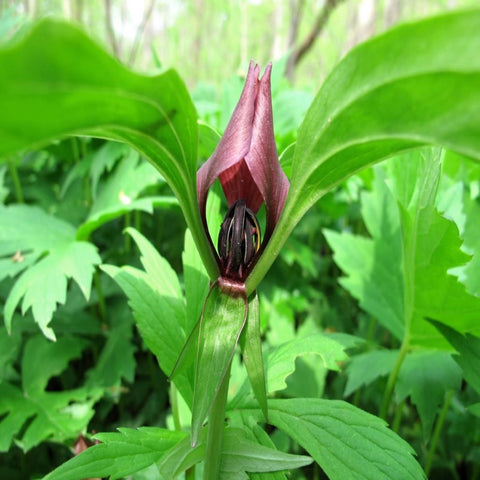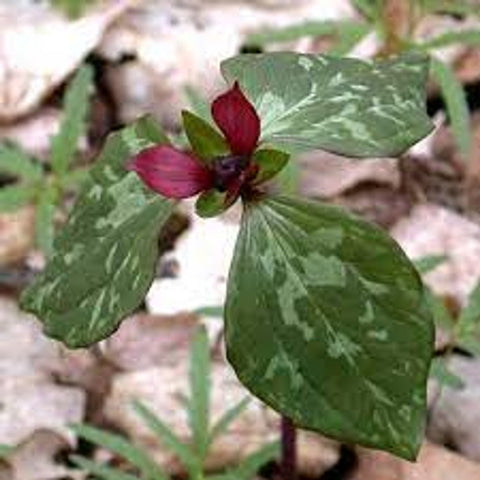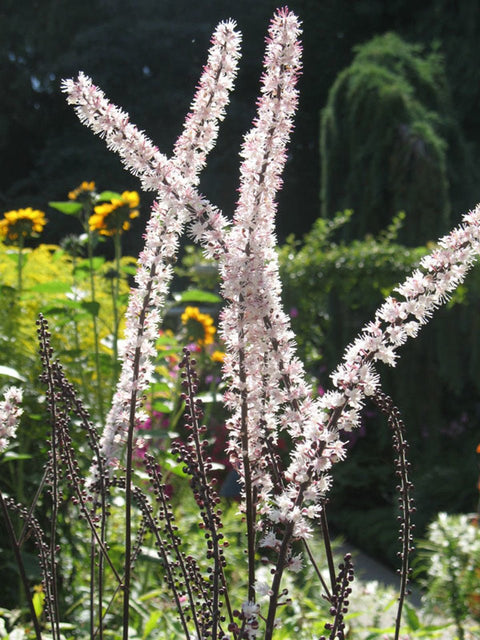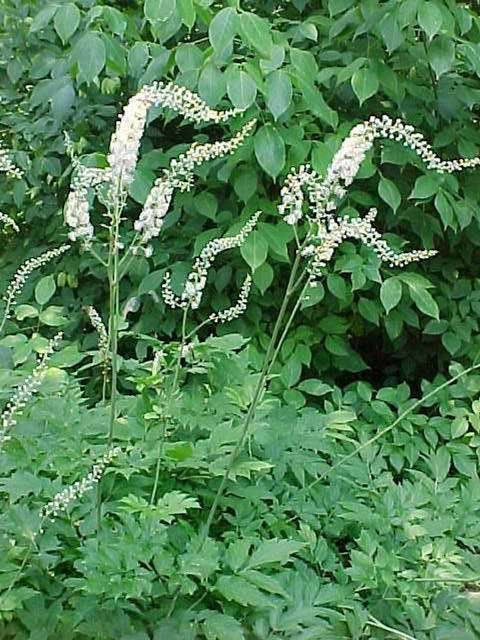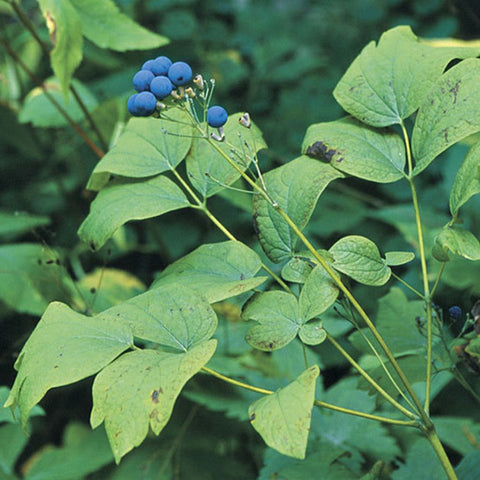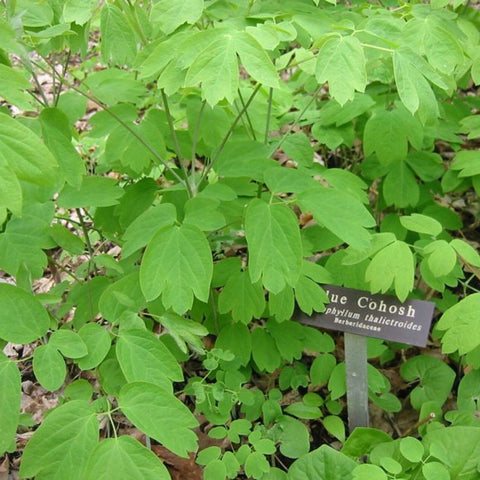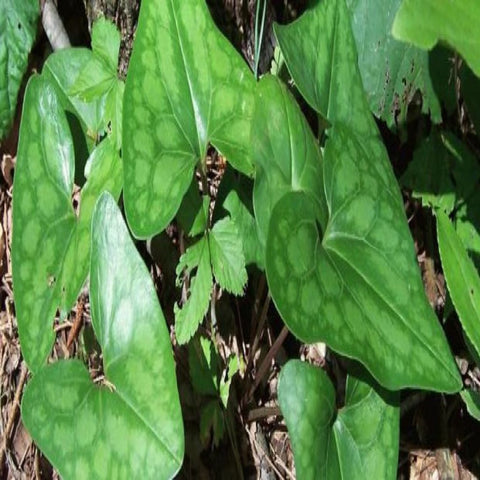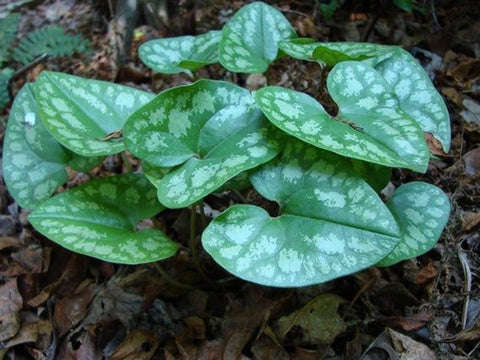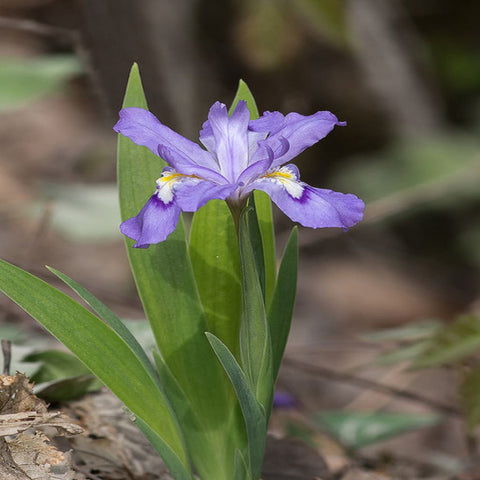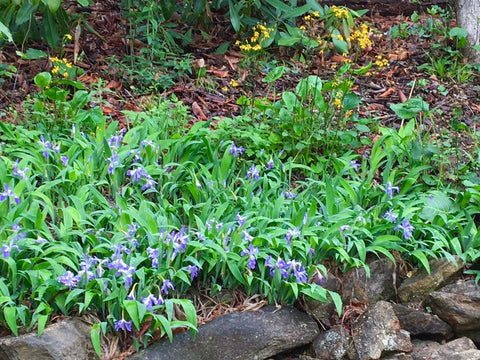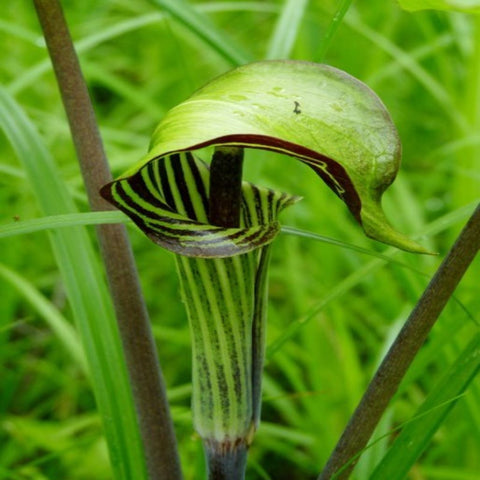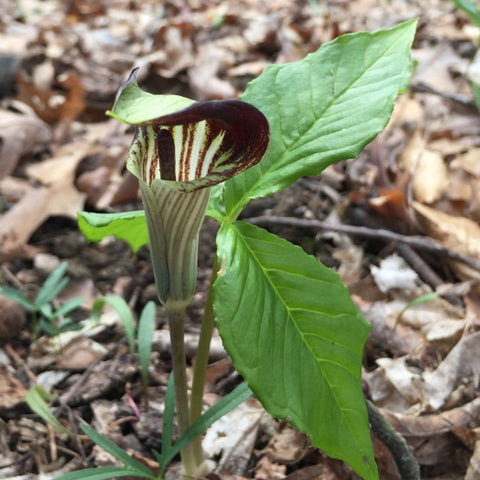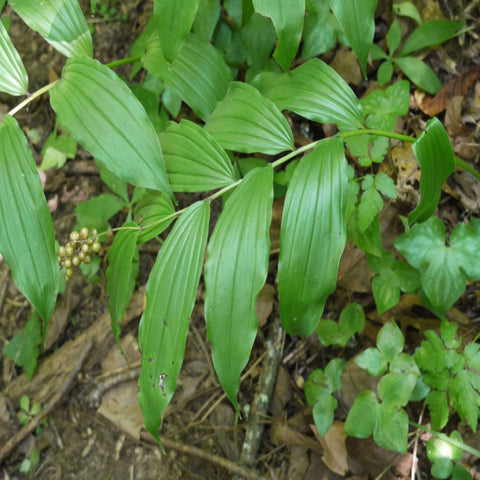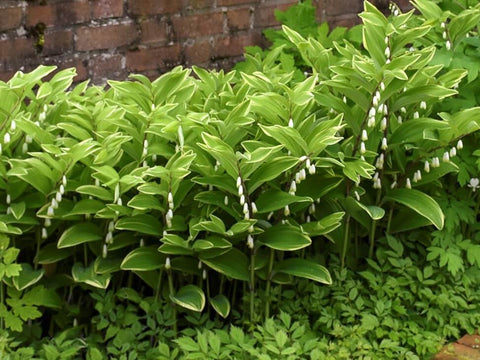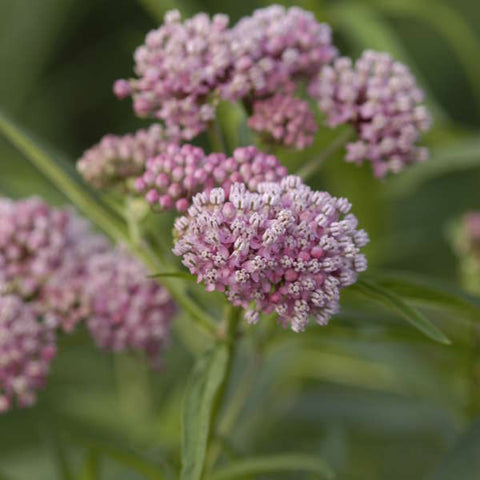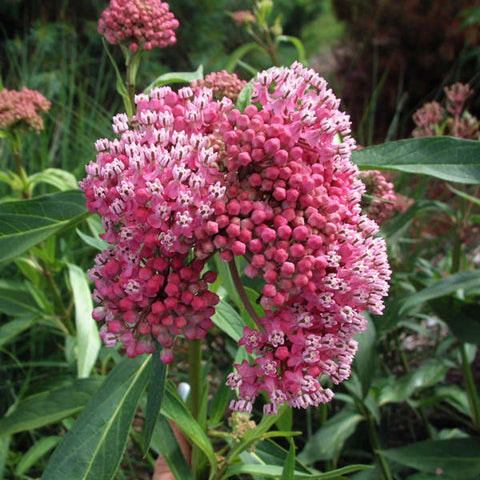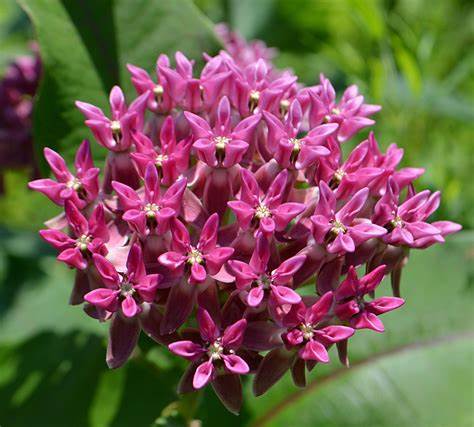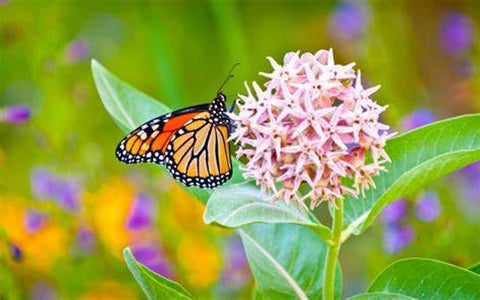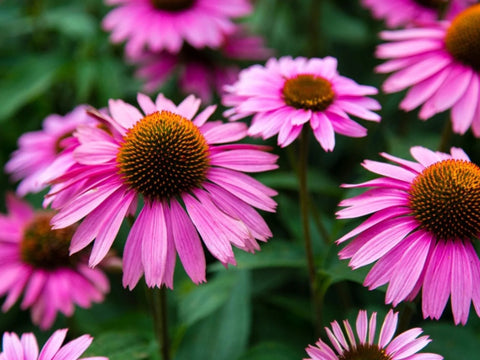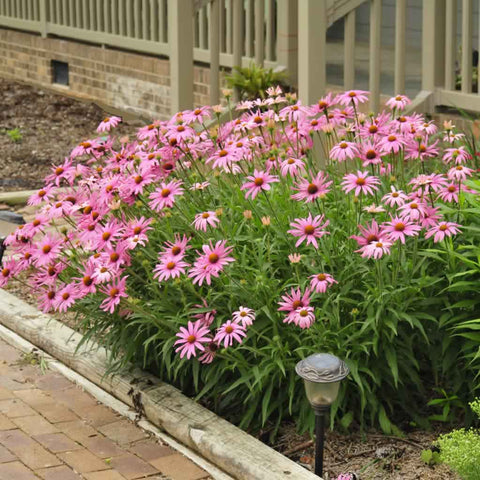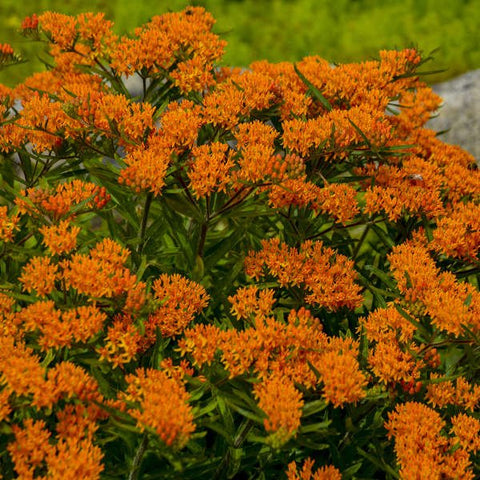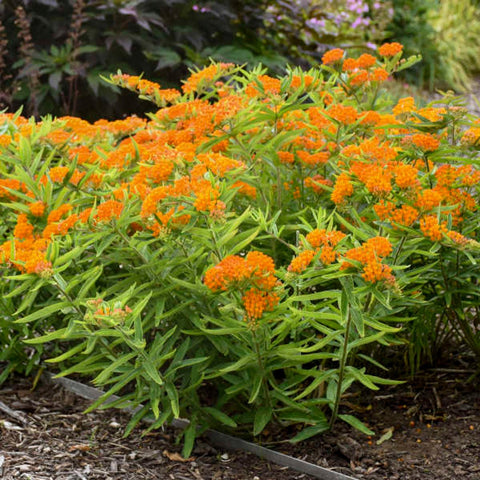35 products
Native Perennials
Native perennials are plants indigenous to a particular geographic region or ecosystem with a life cycle of more than two years. They are essential to any garden or landscape design, as they offer several benefits over non-native plants.
One of the main advantages of native perennials is that they are well adapted to the local climate, soil conditions, and pests and therefore require less maintenance. They also provide a range of ecological benefits, including supporting local wildlife, such as pollinators, and helping to maintain biodiversity.
Examples of native perennials include wildflowers like coneflower, black-eyed Susan, and butterfly weed, as well as grasses like switchgrass and little bluestem. They can be incorporated into a garden design in mixed borders, meadow-style plantings, or individual specimens.
When choosing native perennials for a garden or landscape, selecting plants well-suited to the local environment and soil conditions is essential. It is also important to consider the plant's growing requirements, such as sun exposure and moisture levels, to ensure they thrive in its new home.
Because native perennials are adapted to the local environment, they require less water, fertilizer, and pesticides than non-native plants, making them a low-maintenance option for gardeners.
Native perennials support local ecosystems and promote biodiversity by providing food and habitat for wildlife such as birds, bees, and butterflies.
Native perennials are an environmentally sustainable option because they require fewer resources to maintain and do not contribute to invasive species that can harm local ecosystems.
Native perennials can be beautiful additions to a garden or landscape design, offering a range of colors, textures, and shapes.
By incorporating native perennials into a garden or landscape, you can help educate others about the importance of supporting local ecosystems and promoting biodiversity.
The bloom time for native perennials can vary depending on the specific plant species and the local climate. Generally, native perennials typically bloom during the growing season when conditions are favorable for plant growth, typically from late spring to early fall.
Some native perennials, such as spring ephemerals like trillium and bloodroot, bloom in the early spring before the trees leaf out. Other native perennials, like coneflowers, black-eyed Susans, and goldenrods, bloom in the summer and fall.
It's important to note that not all native perennials bloom at the same time, and some may have a shorter or longer bloom period than others. When designing a garden or landscape using native perennials, it's essential to consider each plant species' bloom times to ensure continuous color and interest throughout the growing season.
Overall, native perennials are an excellent choice for creating a sustainable, low-maintenance, and environmentally-friendly garden or landscape.

